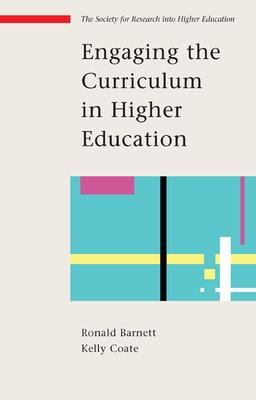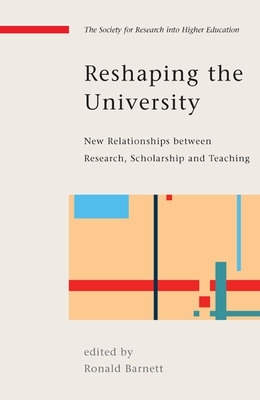Society for Research Into Higher Education
2 total works
Even though the term ‘curriculum’ may be missing from debates on higher education, curricula are changing rapidly and in significant ways. What we are seeing, therefore, is curriculum change by stealth, in which curricula are being reframed to enable students to acquire skills that have market value. In turn, curricula are running the risk of fragmenting as knowledge and skills exert their separate claims. Such a fragmented curriculum is falling well short of the challenges of the twenty-first century.
A complex and uncertain world requires curricula in which students as human beings are placed at their centre: what is called for are curricula that offer no less than the prospect of encouraging the formation of human being and becoming. A curriculum of this kind has to be understood as the imaginative design of spaces where creative things can happen as students become engaged.
Based upon a study of curricula in UK universities, Engaging the Curriculum in Higher Education offers an uncompromising thesis about the development of higher education and is essential reading for those who care about its future.
Reshaping the University: New Relationships between Research, Scholarship and Teaching
by Ronald Barnett
In this volume, a distinguished set of scholars engage with these pertinent but challenging issues. Ideas are offered, and evidence is marshalled, of practices that suggest a re-shaping of the University may be possible.
Reshaping the University appeals to those who are interested in the future of universities, including students, researchers, managers and policy makers. It also addresses global issues and it will, therefore, interest the higher education community worldwide.
Contributors: Ronald Barnett, David Dill, Carol Bond, Lewis Elton, Mick Healey, Mark Hughes, Rajani Naidoo, Mark Olssen, Bruce Macfarlane, Kathleen Nolan, Jan Parker, Michael Peters, Alison Phipps, Jane Robertson, Peter Scott, Stephen Rowland.

